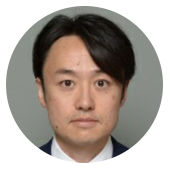Prior to Biden's visit, former US State Department official Ken Moskowitz, who is now an adjunct professor at Temple University, Japan Campus, noted the president would want to deliver a clear message to America's allies and potential adversaries in light of Russia's invasion of Ukraine.
"(Biden and Kishida) want to make it clear that they see parallels to the situation in Europe," said Moskowitz, "and they are hoping to discourage by deterrence and by their language any more aggressive behavior from China."
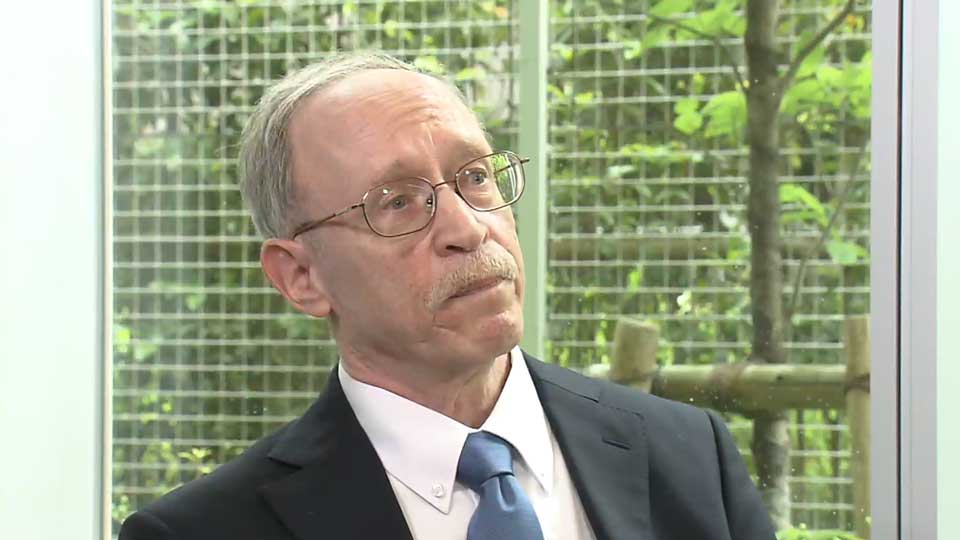
Japan, US sound the alarm on China
After the May 23 talks between Kishida and Biden, Kishida told a press conference that fallout from the Russian invasion of Ukraine could have a destabilizing influence across the Indo-Pacific.
The prime minister pointed to Chinese naval activities, especially joint exercises held by China and Russia, and said it was crucial to monitor them.
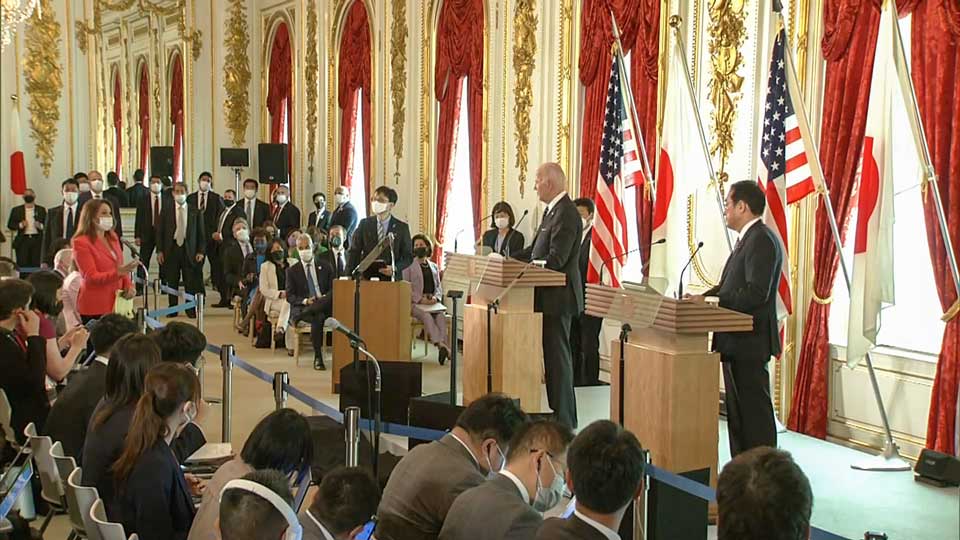
But it was Biden's comments on how the United States would respond if China attempted to take Taiwan by force that drew the most attention. Biden suggested he would be willing to go further on behalf of Taiwan than he has for Ukraine. When asked if he would be willing to use force, he replied: "Yes."
Biden's comments left people wondering if he had misspoken or had dispensed with Washington's position of strategic ambiguity on the potential conflict.
Sophia University professor Maeshima Kazuhiro, who is an expert on US politics, says the president has made similar statements before, and that his comments were meant to keep China in check.
"If it's a third time, it is a strategy," Maeshima says. "It is a strategy to stop China from taking military action in the Taiwan Straits amid worries that Taiwan might be the next 'Ukraine.'"
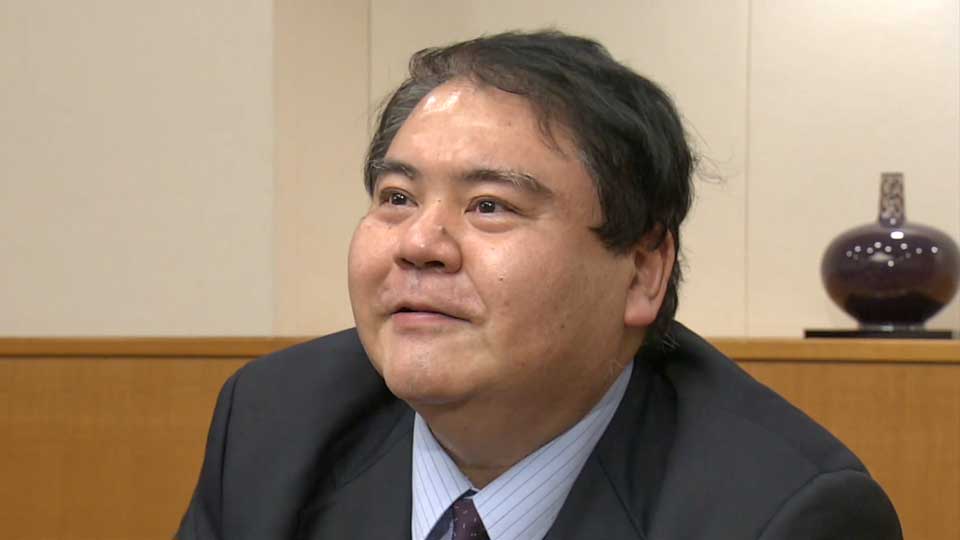
Extended deterrence
Biden and Kishida also talked about using the Japan-US alliance to exert what they called "extended deterrence," a phrase widely interpreted to mean potentially protecting Japan with US nuclear weapons.
Hitotsubashi University international politics professor Akiyama Nobumasa says there is merit to having that kind of security, but Kishida also needs to focus on the long-term.
"A nuclear-free world is a goal that the international community should strive for in the future," he says. "Japan should be in a position to take the initiative in this intellectual endeavor and bring together the wisdom of the world."
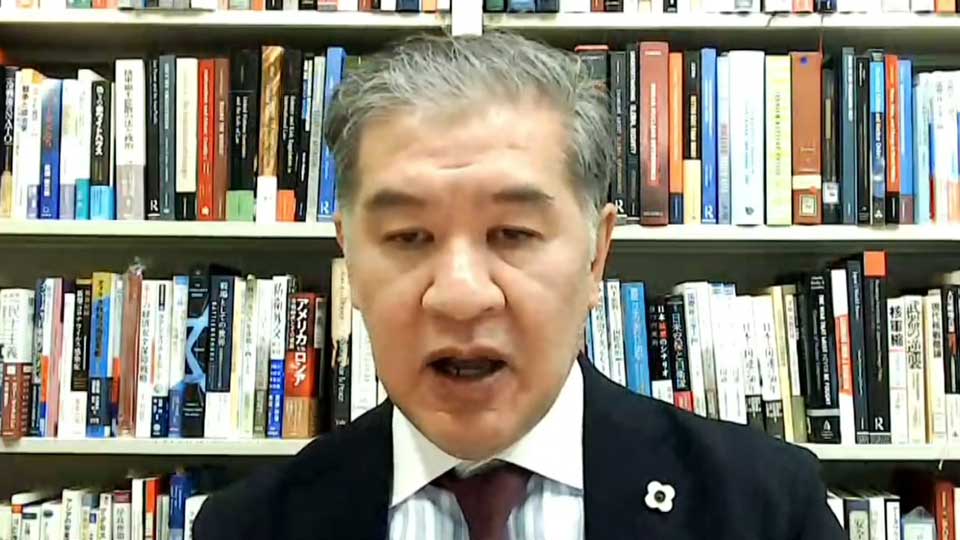
Challenges facing the Quad countries
On May 24, the leaders of the group of countries known as the Quad -- Japan, the US, Australia and India – held a summit.
Biden told the gathering that "as long as Russia continues the war, the United States will work with our partners to help be the global response, because it's going to affect all parts of the world.
"At the same time, the United States must and will be strong, steady, and an enduring partner in the Indo-Pacific."
A joint statement issued after the Quad meeting echoed Biden's sentiments: "We discussed our respective responses to the conflict in Ukraine and the ongoing tragic humanitarian crisis and assessed its implications for the Indo-Pacific.
"Quad leaders reiterated our strong resolve to maintain the peace and stability in the region. We underscored unequivocally that the centerpiece of the international order is international law, including the UN Charter, respect for sovereignty and territorial integrity of all states. We also emphasized that all countries must seek peaceful resolution of disputes in accordance with international law," the statement read.
The four leaders did not mention China by name, either in their spoken comments or in the joint statement. Instead they underscored the goal of building an Indo-Pacific region that respects sovereignty and the rule of law — diplomatic wording understood to be directed at Beijing.

Maeshima says Biden's visit to Japan was meant to underline the growing role of the US in the Indo-Pacific region. "Although now the United States is deeply involved with the Ukraine crisis, the biggest diplomatic focus continues to be China. The military and economic rise of China over the past 20 years has been a great shock to the world."
Indeed, China has shown itself increasingly ready to make an assertive response to the collaborative flexing of its rivals.
Just one week after Biden's Asia tour, Chinese Foreign Minister Wang Yi held talks with 10 Pacific Island nations in Fiji to discuss increasing security and economic ties.
Observers say the trip was clearly designed to send a message – that China will not take the US Indo-Pacific strategy lying down.

